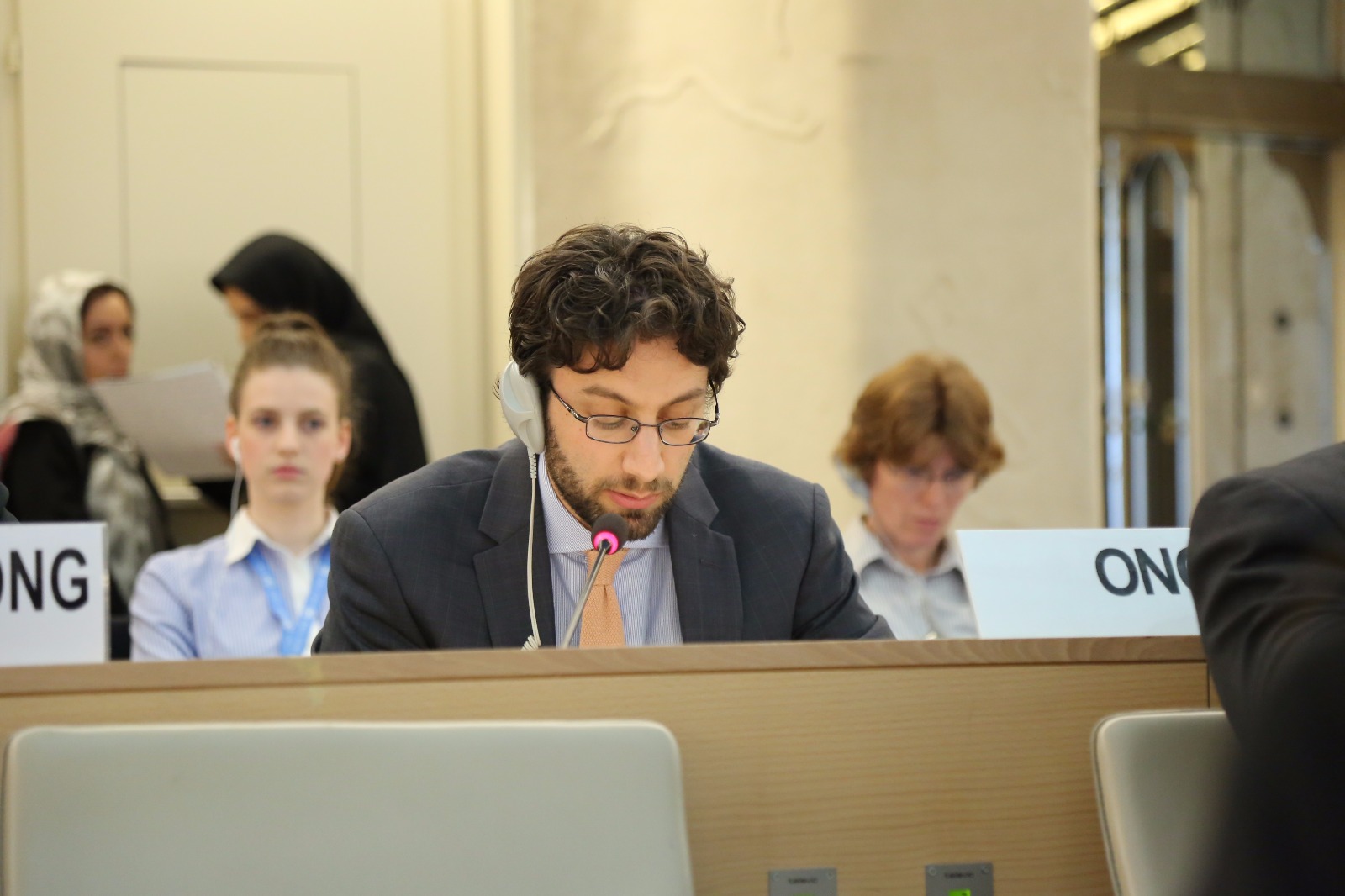On 8 June 2017 during the 35th session of the Human Rights Council, ADHRB’s Advocacy Associate delivered an oral intervention on behalf of ADHRB and Alsalam Foundation under the Item 3 debate with the Special Rapporteur on poverty. Pry discussed the Rapporteur’s report on his visit to Saudi Arabia, noting the focus on women and the guardianship system, female migrant workers under the kafala system, and poor Shia residents in the Mosawara neighborhood of the Eastern Province town of Awamiyah. Please continue reading for the full text of his remarks, or click here for a PDF of the intervention.
Mr. President,
ADHRB would like to thank Rapporteur Alston for his report on poverty in Saudi Arabia. We agree with his assessment of the nature of poverty in Saudi Arabia and its disproportionate effects on women.
The Rapporteur noted in his report that Saudi women face many restrictions due to the male guardianship system that nonetheless weigh more heavily on women living in poverty. While all women must receive their guardians’ approval in order to work, poor women face additional barriers, such as the prohibitive cost of transportation to work–due to the ban on women driving–and needing to stay at home and care for children.
His report also observes the plight of female migrant workers who suffer under the kafala system of labor sponsorship. Under this system, female migrant workers face nonpayment of salaries and debt bondage. These conditions make them among the poorest in Saudi society, yet because of their migrant status they receive few legal protections.
Besides his country report, the Rapporteur has also commented on the violent evictions of poor Shia residents from the historic Awamiyah neighborhood of Mosawara. The Saudi government is not providing adequate compensation to the residents, who will struggle to find new housing due to steep land prices in Awamiyah.
In light of the effects of poverty on Saudi women, female migrant workers, and the Shia residents of Mosawara, we ask Mr. Alston: What steps do you intend to take to follow up on implementation of your report’s recommendations, and what protective mechanisms should be established to ensure that these underrepresented populations are protected from poverty?
Thank you





